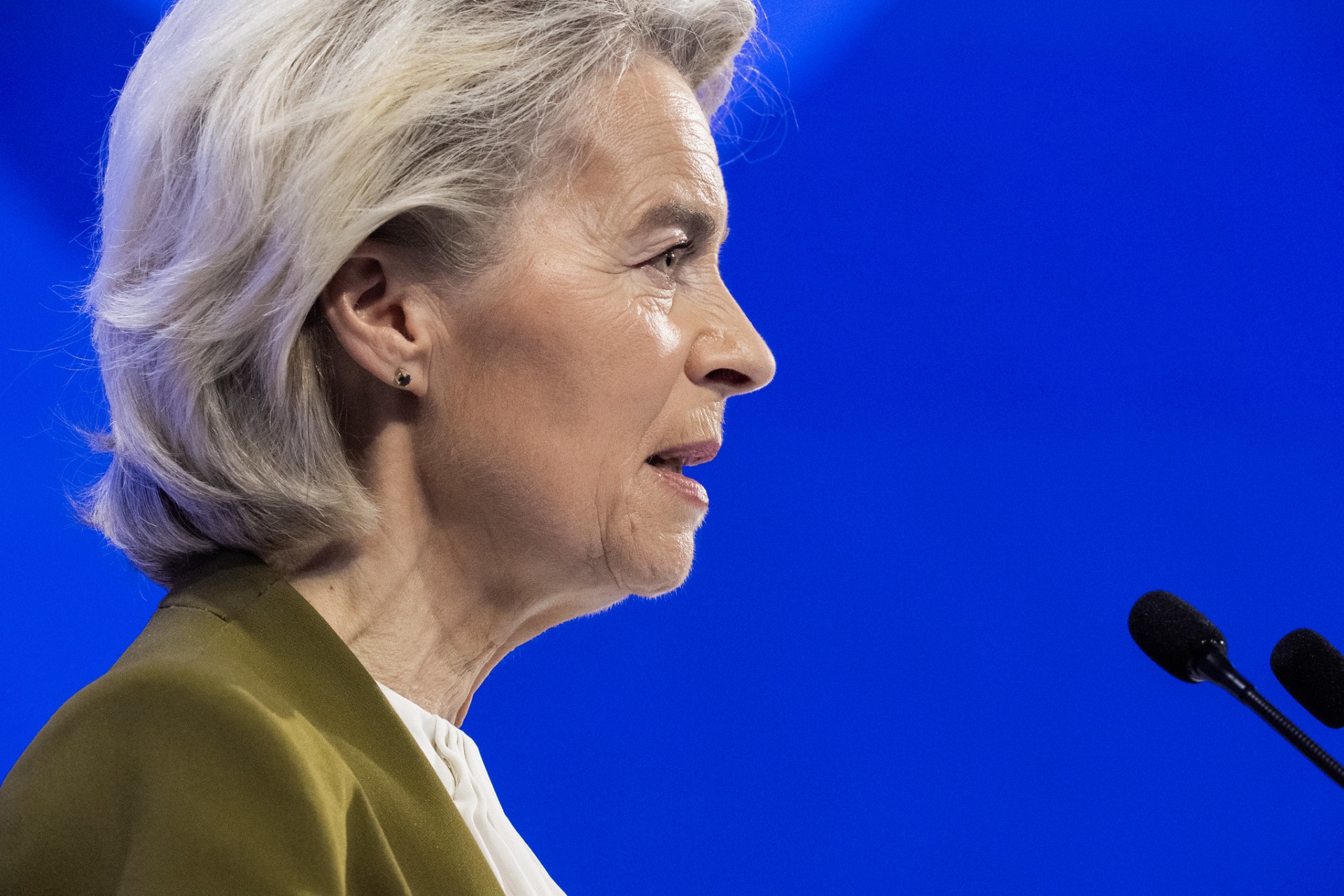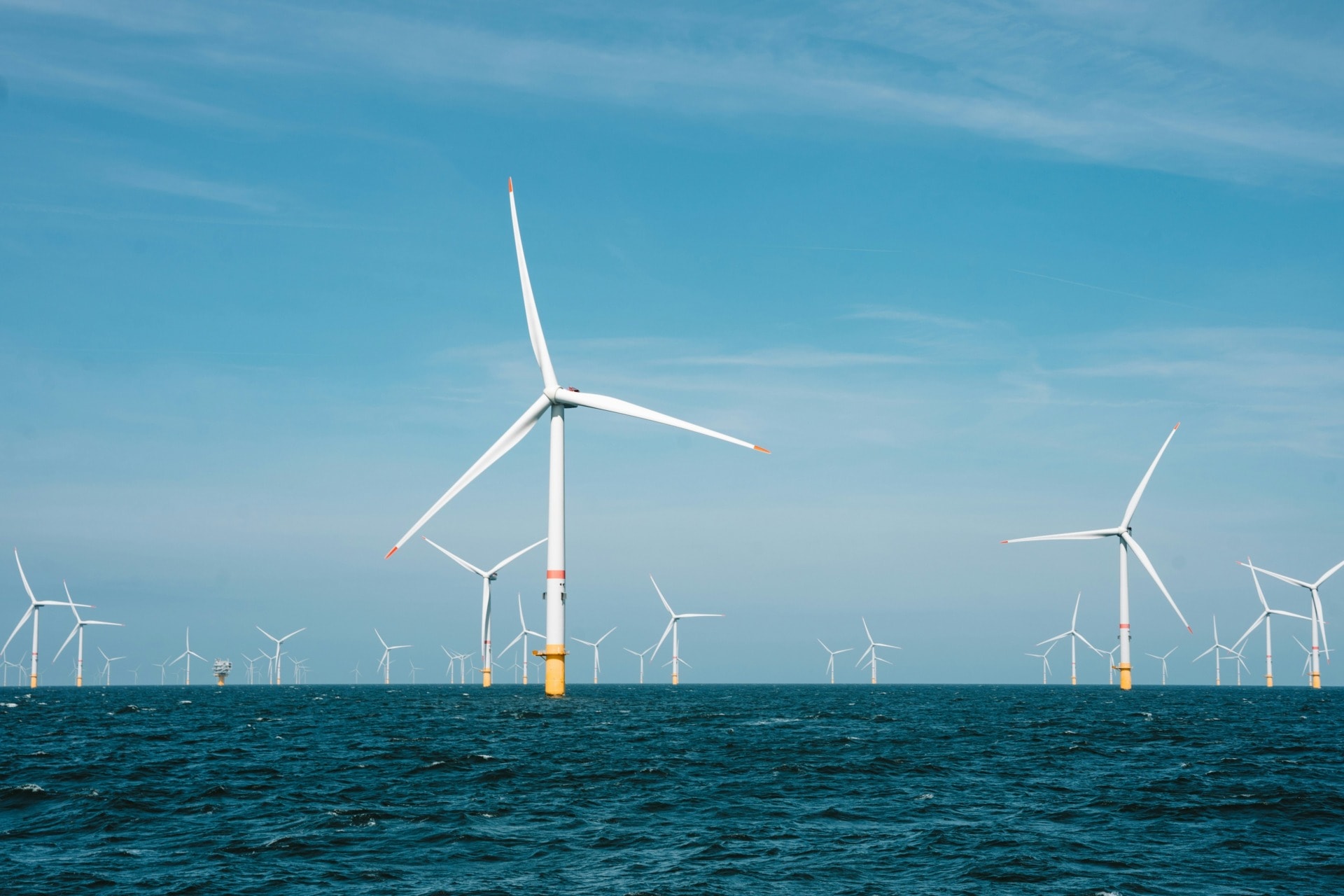The Financial Times recently attacked ESG twice: in an article titled “The Unsustainable Hype Around ESG,” dryly noting that “several months of fund outflows mark the decline of ESG as a marketing tool,” and in a video titled “Who Killed the ESG Party?” The video opened with a striking statement: “ESG was everywhere. Now, 2024, tumbleweed.” And Katie Martin, the markets columnist at the Financial Times, clarifies: “Was it all just a meaningless marketing exercise, or has the way people invest our pensions and our savings genuinely changed?”
The FT answer? Yes, it likely was a “meaningless marketing exercise,” even if all the FT video interviewees agreed climate change was and is a genuine emergency. Some interviewees did not hesitate to make hazardous statements and express opinions without providing any evidence. For example, Fabiana Fedeli, CIO of Equities and Sustainability M&G Investments, is sure that the “ESG hype cycle is over.” Stuart Kirk, former Global Head of Responsible Investments HSBC Asset Management, suggests that “those three letters (ESG) may even disappear and that we will move to a much, much better place because of it.” A much better place? Where and how? Nowhere in the video does he suggest an alternative solution.
It is a fact, of course, that many large funds in the US, finding themselves accused of “woke capitalism,” put on the brakes. They were afraid of the political backlash unleashed on them by the Republican Party, with Florida Governor Ron de Santis leading the charge against ESG. In that sense, the “ESG hype” is gone. As I will argue here, the concept of ESG as a helpful framework of analysis to guide businesses on their road to sustainability has matured and come of age. The initial “hype” around it (especially in the US) is no longer needed.
As to “impact” investors who bet on the green economy, there is no doubt that when major wars happen, such as in Ukraine and/or Gaza, shares of companies directly or indirectly engaged in the war effort (whether military equipment or logistics and other related sectors) are going to momentarily shoot up and appear more attractive than those of sustainable companies that follow an ESG-traced path of operations.
That said, the fundamentals that guide the profitability of ESG investment have not changed and remain better than those of non-sustainable businesses over the long run. But what about the “several months of outflow from funds” the FT mentioned? Simple, sooner or later, they, too, will reverse and become inflows. Why? Because political memes such as “woke capitalism” come and go, wars happen, then stop. But climate change is different: it stays. And it will even accelerate if we continue to do nothing to fix it. That is why, over time, wars and political memes notwithstanding, businesses that address environmental and social issues come ahead of the pack.
That said, we shouldn’t underestimate the political challenge to the green economy posed by the conservative right in America. This is (or should be) a matter of concern for everyone on this planet, as from a sustainability standpoint, America impacts the climate and the environment disproportionately to its population: On a global level, the U.S. is still the world’s largest carbon-emitting nation on a per capita basis and has cumulatively contributed the most considerable amounts of CO2 since 1850, more than China or Russia.
ESG in America: Embattled and misunderstood
As is well known, conservative Republicans tend to listen to climate deniers and are heavily influenced by the interests of the fossil fuels industry, one of the oldest and most powerful in the world. It’s now well-documented that Exxon buried the results of scientific studies it had funded in the 1970s that showed the dangers of fossil fuels to the environment: The oil company “understood the science before it became a public issue” and invested “millions to promote misinformation.”
In this uniquely sustainability-adverse environment, it should be no surprise that the FT is not alone in its jaundiced view of ESG. Pundits from American academia regularly weigh in, notably Richard Lindzen, retired MIT atmospheric physicist and vocal critic of mainstream climate science; Judith Curry, a former professor at the Georgia Institute of Technology who argues the potential impact of climate is overstated and William Happer, a physicist at Princeton University, who agrees with her, claiming that increasing carbon dioxide levels in the atmosphere will be beneficial for plant growth.
Such climate deniers are now in the minority. Still, the problem persists as criticism of “ESG hype” also comes from the progressive left, most recently from Alison Taylor, an ethics professor at NYU Stern Business School and LinkedIn influencer with some 50,000 followers. She just published a much-talked-about book, “Higher Ground: How Business Can Do The Right Thing In A Turbulent World,” which made it onto the Financial Times best summer books list for 2024.
Professor Taylor got involved in ESG relatively late by European standards, where interest in ESG began much earlier, in the early 2000s. By her own admission, she got interested in ESG in 2015, the year of the Paris Climate Agreement and the adoption by the UN of the 17 Sustainable Development Goals. For her, like for everyone else in America (see my article reporting it here: The Pursuit of Profit, No Longer a Cornerstone of American Business), the 2019 Business Roundtable was the ‘high-water mark’ in promoting stakeholder capitalism – alas, followed by a backlash as some companies engaged in “greenwashing,” to promote themselves as ESG-friendly without making substantial changes.
In a recent IR Magazine interview, she calls out the problems in ESG, complaining that it’s a lot of “blah, blah, blah, alphabet soup.” And she says, “We’ve ended up with the worst of both worlds. Companies treating this as PR and attention directed away from the political process by implying that these companies are solving problems they’re not solving.” (bolding added)
As a result, she says her NYU students are reluctant to engage in the political process. Let me note in passing that this is a shame because, without engagement, nothing can ever change. Earlier generations of Americans knew this well; back in the 1960s, during civil rights demonstrations, students didn’t hesitate to go into the streets to protest. No doubt, the dismantling of environmental regulations and systematic destruction of social rights during the four years of the Trump presidency contributed to this despondency, which was further aggravated during the COVID years.
Professor Taylor praises, however, companies like Unilever, which recently moved away from “baggy” narratives and embraced new, more realistic goals, such as their four-pillar approach focused on plastics, nature, livelihoods, and climate. And if more companies joined the Unilever example, this would help move the needle. Her book is essential, filled with practical, concrete recommendations for American CEOs at a time when the US economic scene is heavily politicized and divided. One can only hope that a Trump win will not interrupt the process of restoring the US on the road to sustainability—a process started by the Biden presidency.
ESG in Europe: Embedded in the political process and unshakeable
Doubts over ESG may resonate in America but only find deaf ears in Europe. Here, ESG is not something that suddenly happened in 2015; it has been around for the last quarter century. It corresponds to a deep and long-held concern of European citizens over the climate and the environment, as Eurostat polls have repeatedly demonstrated. The latest Eurobarometer survey (July 2023) shows an overwhelming 88% of respondents supporting the reduction of greenhouse gas emissions to a minimum, with remaining emissions offset, to achieve a climate-neutral EU economy by 2050.
Unsurprisingly, ESG has become deeply embedded in the political process. The EU Commission took the lead with assistance from the European Financial Reporting Advisory Group (EFRAG), a private association of financial and sustainability experts who have worked together as an advisory committee of the Commission since 2001—well over two decades ago.
Starting in 2022, EFRAG’s mandate was significantly expanded: It now has the crucial responsibility of developing draft European Sustainability Reporting Standards (ESRS) for the Commission’s consideration. These standards aim to make sustainability reporting more consistent, comparable, and reliable across the EU.
Why ESG won’t go away anytime soon
It is crucial to recognize that ESG’s significance extends far beyond fleeting hype or political maneuvering. It’s about much more than just “woke capitalism” or scoring brownie points with investors. ESG provides a comprehensive framework for businesses to navigate the complex challenges of abandoning the classic business-for-profit model and turning it sustainable.
Using the ESG analytical framework simplifies the problem and traces a clear path for companies to reduce their environmental footprint, transition to cleaner energy sources, and mitigate climate-related risks. Ignoring ESG in the face of climate change is not only irresponsible but also detrimental to long-term business viability.
Moreover, ESG is not just about environmental and climate issues. It also encompasses social and governance factors that are equally critical for sustainable business models. Social considerations, such as fair labor practices, diversity and inclusion, and community engagement, foster a positive business culture and enhance brand reputation. Robust governance structures, including transparency, accountability, and ethical leadership, build trust with stakeholders and reduce the risk of scandals or misconduct.
After some 25 years of presence, ESG is far from fading away and remains a fundamental tool for building sustainable, resilient, and responsible businesses that can thrive in the long term.
Summing up the reasons why ESG remains relevant and essential for businesses:
- Stakeholder Pressure: Stakeholders, including investors, customers, employees, and partners, continue to demand greater transparency into companies’ ESG practices. A 2022 KPMG survey found that 69% of global CEOs reported significant stakeholder demand for increased transparency and reporting on ESG matters, up from 58% in 2021. Additionally, 72% of CEOs believe that stakeholder scrutiny regarding ESG issues—such as climate change and gender equality—will continue to accelerate;
- Long-Term Value: Addressing ESG issues isn’t just a distraction; it’s a precondition for sustaining long-term value. Responsible investors recognize this, with 78% believing companies should invest in relevant ESG issues even if it reduces short-term profits;
if you watched the FT video I mentioned above, you would have noticed that Nikolai Tangen, CEO of the Norwegian Sovereign Wealth Fund, has no doubts in this regard and is fully committed, saying, “ESG is very important and climate is a financial risk” that cannot be overlooked in the long run: This statement matters, considering it comes from the man responsible for Norway’s 1.6 trillion oil fund that owns “roughly 1.5% of all the listed equities around the world”;
- Legal and Regulatory Landscape: ESG regulations are expanding and evolving, creating legal risks. Ignoring ESG oversight puts organizations in jeopardy–including the biggies like Google, Goldman Sachs, and Amazon, who know this only too well;
Here is where Europe plays a significant role in maintaining ESG momentum: We shouldn’t forget or underestimate the “Brussels effect,” as Columbia Law professor Anu Bradford has propounded.
In her groundbreaking The Brussels Effect: How the European Union Rules the World, she argued that the EU remains an influential superpower by promulgating regulations that shape the international business environment and elevate standards worldwide; she mentions in that book how the EU has influenced policy in data privacy, consumer health and safety, environmental protection, antitrust, and online hate speech everywhere, including in the US—she could have added ESG to her list, although she indirectly touches on it in her chapters on environmental protection and consumer health and safety.
Despite all the noise, ESG “isn’t going away” and remains a strategic imperative, especially as the climate crisis intensifies. The ESG party may have hit a temporary lull in America. Still, the music hasn’t stopped elsewhere, especially in Europe: It’s time for those reluctant businesses and investors in America to step back onto the dance floor and embrace ESG for a better future.
Editor’s Note: The opinions expressed here by the authors are their own, not those of Impakter.com














